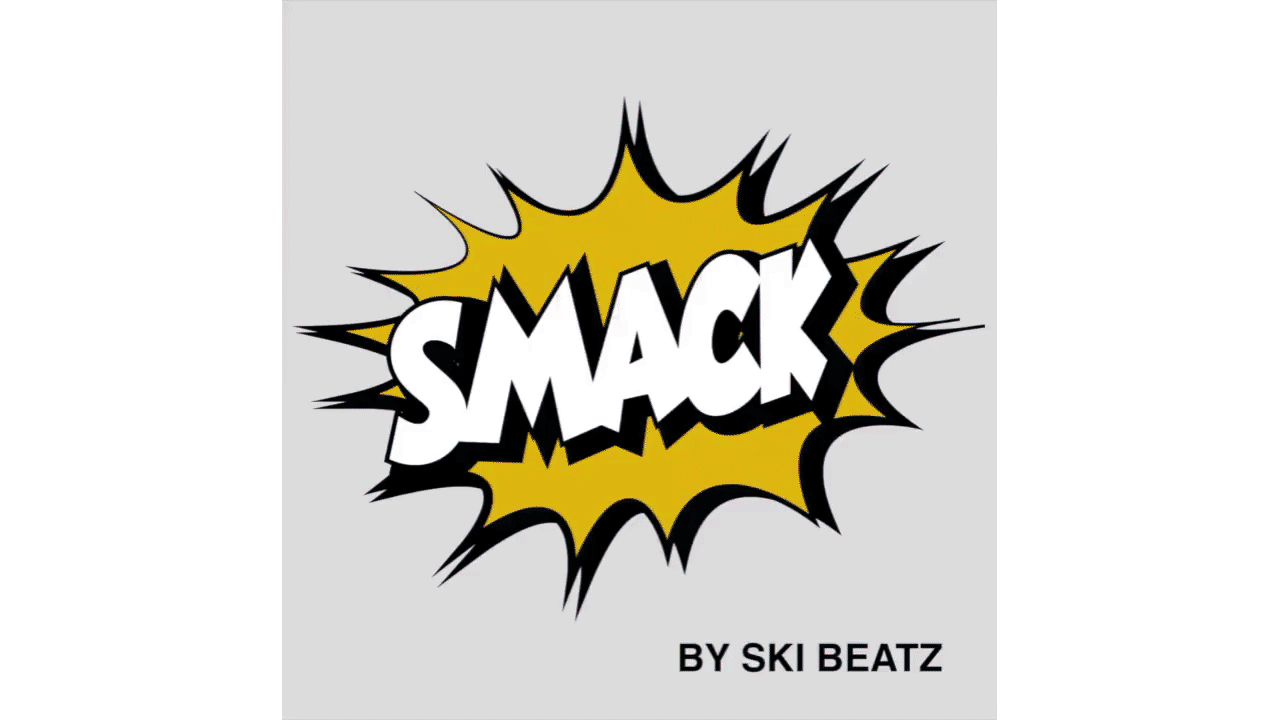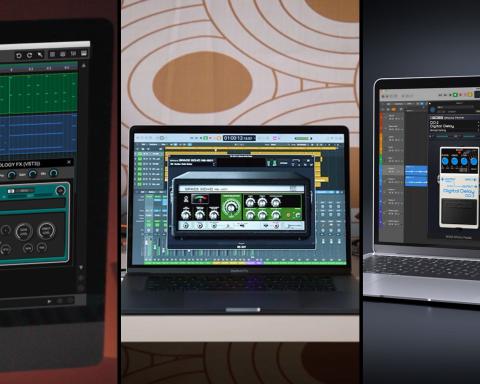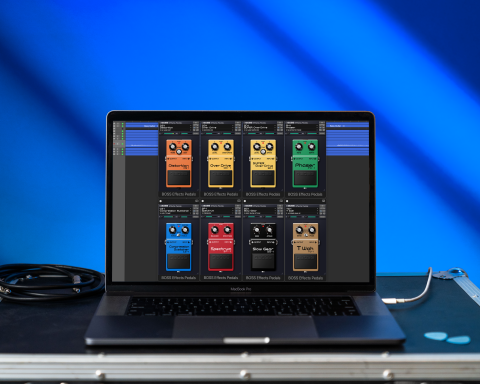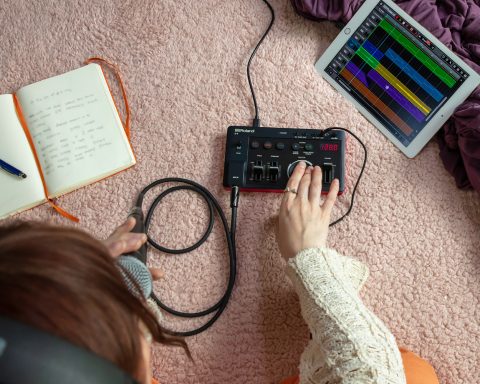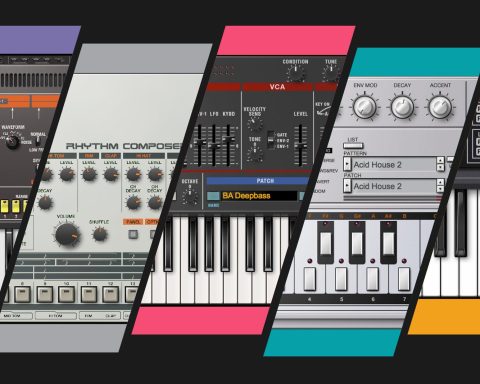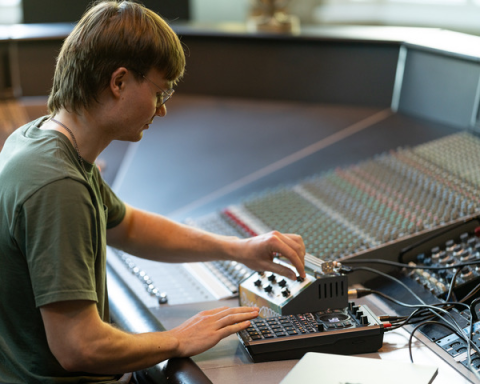Behind each Roland sample pack and factory preset, there’s a sound designer creating, curating, and polishing their work. These collections cover genres from across the world and the music producers who make them contribute their distinctive voices and styles. Artists Alin Dimitriu, Saint Ezekiel, Lightfoot, and Ski Beatz reveal the challenges and rewards of sample pack creation. Along the way, these four creators provide tips for aspiring producers who want to join the sample pack.
Sample Pack Creation: An Intricate Process
Romanian electronic music producer Alin Dimitriu has developed a diverse range of sample packs for respected companies. Some of his titles for Roland include Chillwave, Lo-Fi House, and Indie Dance. At this point, creating sample pack clips constitutes the bulk of his work. In addition to audio expertise, this type of content production demands extensive MIDI expertise. The combination of these abilities makes him a frequent choice to produce preset banks.
“Creating presets for synths like SYSTEM-8 and JUNO-60 requires patience and discipline. It’s about taking advantage of each synth’s strong points,” he explains about designing presets versus samples. While both tasks are taxing, sample pack projects demand an even deeper level of attention.
“Samples need to be top-notch from every point of view, including sound quality and demo song production,” the producer explains. “It’s important to evaluate if each sound or loop will be useful to other music producers out there.”
The sample creation process has several steps. “I begin by making individual mini song ideas, melodic elements, drums, sound FX loops, and one-shots. It’s a process of constant inspiration, fast recording, sound manipulation, and layering,” he reveals. “After all that comes the file rendering, naming, and organizing to showcase the product in the best way.” While these steps may appear simple on the surface, they are not without challenges.
"It’s important to evaluate if each sound or loop will be useful to other music producers out there." -Alin Dimitriu
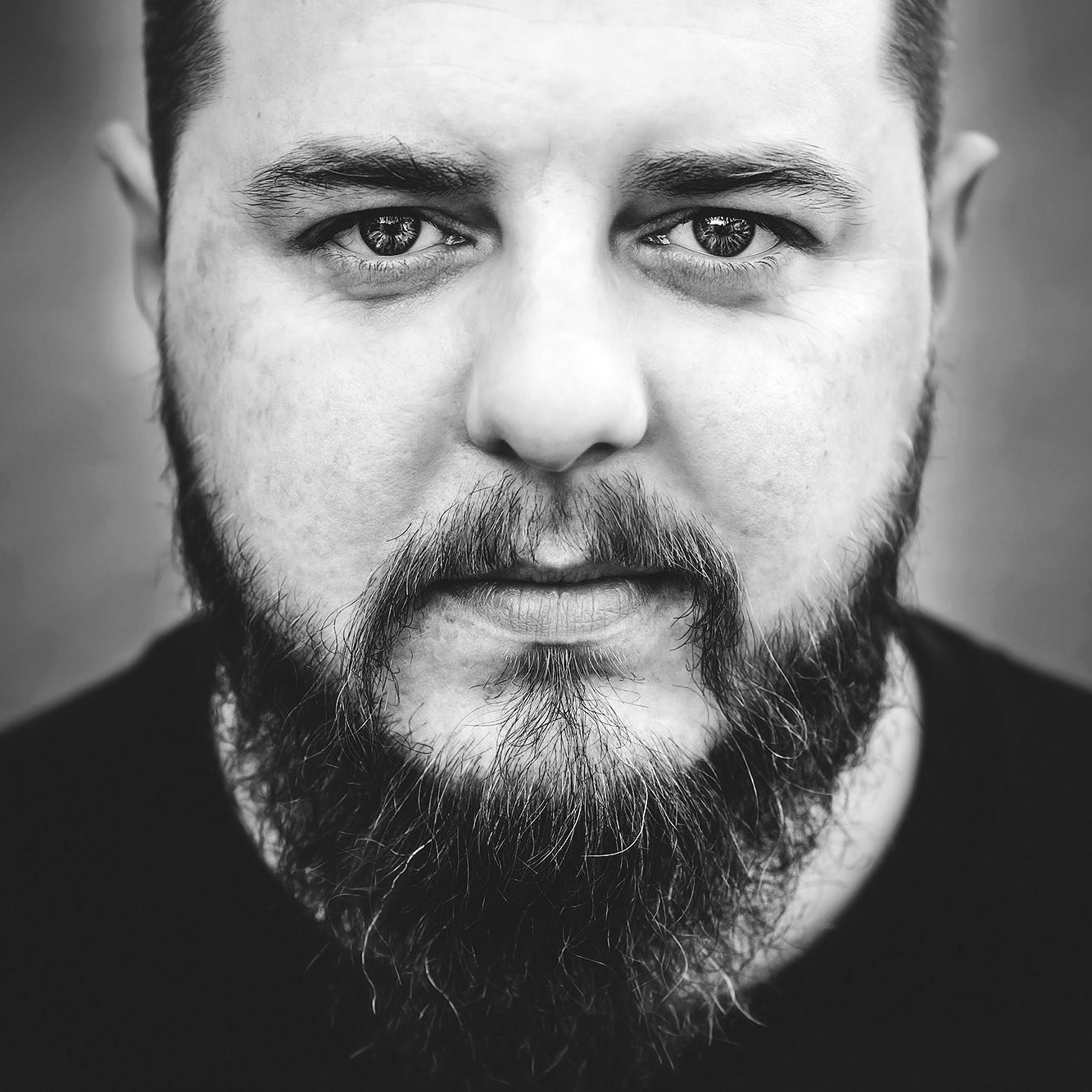
Meet More Makers
While Alin Dimitriu creates sounds for various instruments and styles, sometimes sample packs producers contribute to an ongoing series like Beat Maker Sample Packs. These collections focus on hip-hop and beatmaking, making them ideal for the SP-404MKII or any sampler or DAW. This particular series comes in three distinct categories: drums, instruments, and production. Smack by Ski Beatz, Lightfoot’s Wave Pack, and Rêverie by Saint Ezekiel are examples of each area. Just as no two sample packs are the same, all three producers employed their unique methods in creating their clips.
Pristine Sound Quality
A newcomer to the world of sample pack creation, Saint Ezekiel found that recording a mic’d instrument to a strict tempo was the most challenging part of the process. The highly-skilled American-Nigerian guitarist prepared to play licks that oozed soul. However, recording and editing them in a way that would sound great and loop perfectly was a learning experience.
“Making sure that the metronome didn’t bleed into the recording was very stressful,” he admits. Every audio file in a collection must be compatible with all Roland hardware that supports sample import. This means that Saint Ezekiel had to record each performance perfectly in time.
But preventing mic bleed wasn’t the only obstacle Saint Ezekiel had to overcome. While his skill was never in doubt, the initial feedback was to improve “the integrity of the sound.” As a result, he went back and re-recorded his ideas.
“I had to experiment with moving microphones away from the Roland Cube, which was the amp that I was using. And I tried going direct for some sounds, using different pedals. On the second go-around, I got it pretty quickly.” he recalls.
“I had to experiment with moving microphones away from the Roland Cube. I tried going direct for some sounds, using different pedals."
-Saint Ezekiel
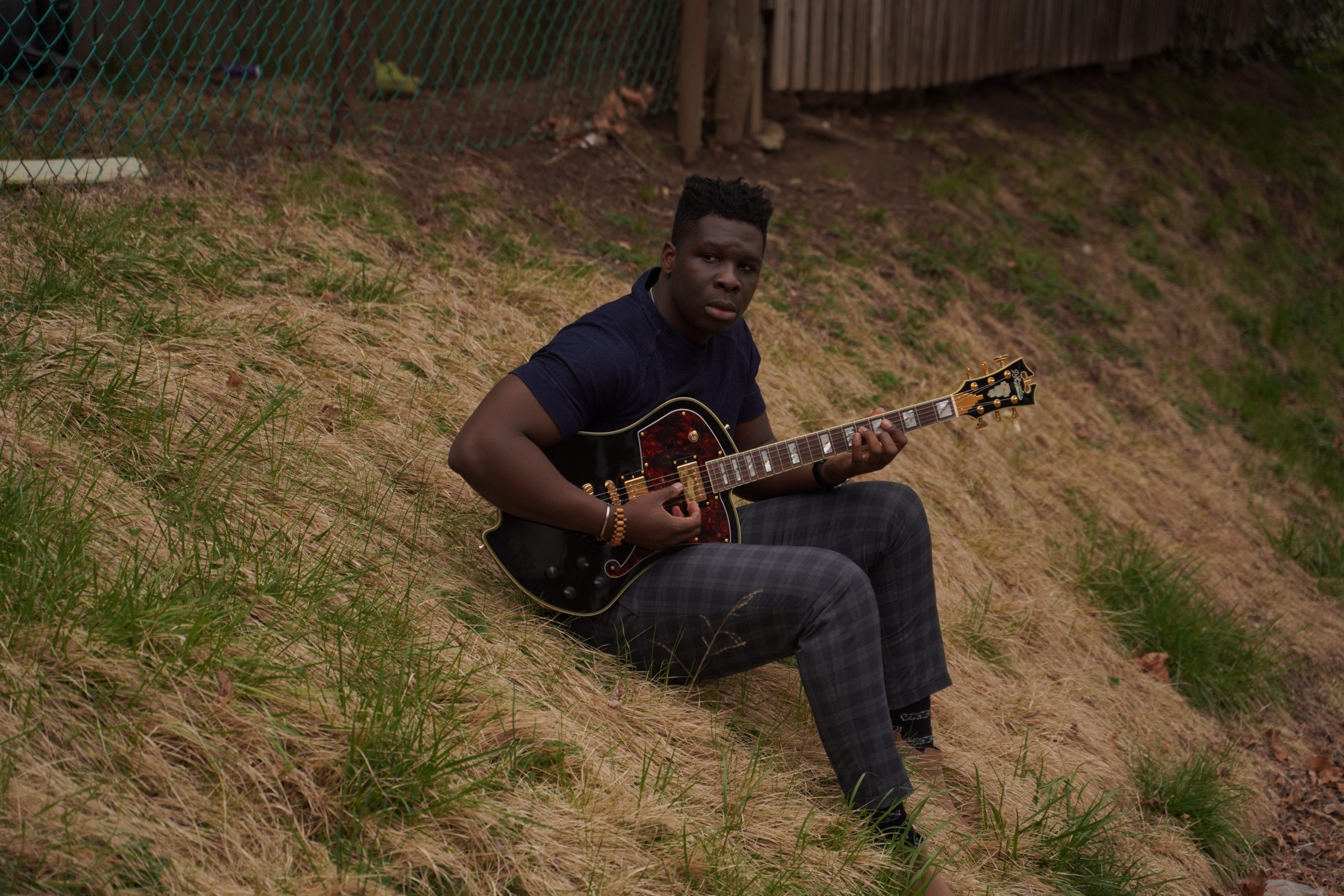
Samples Edited to Perfection
Once Saint Ezekiel perfected his guitar takes, he had to edit them down with a meticulous level of detail. For him, perfecting the sounds took some trial and error. However, he wasn’t the first musician to struggle with this particular aspect of the sample pack process.
Boston-based beatmaker Lightfoot was no stranger to producing and selling sample packs before connecting with Roland. He also has quite a bit of 404 experience, a fact to which his Instagram followers will attest. Still, creating his collection, Wave Pack, was a brand-new ball game.
“Everything was running smoothly until we hit five songs that had a bunch of issues with their loops,” he shares, recalling the formatting requirements of the task. Lightfoot—who used a JUPITER-8, SP-404MKII, and the original SP-404 for sound design—had to recreate several loops from scratch.
It seemed the automatic delay compensation in his DAW moved some loops off the grid so slightly he didn’t even notice it at first. While this should have been an easy fix, extensive editing altered the feel of the loops. “They just didn’t sound the way I needed them to, so I had to go back and do them the right way,” he confesses. Ultimately, the hard work paid off.
"I'd never made song-based sample packs before. There was one loop idea—then there was another unrelated loop idea." -Lightfoot

The Significance of the Demo
Sample packs usually include demo songs consisting of loops, samples, and one-shots that producers stem out. As a result, the sound designers must pay close attention to the timing of each audio clip. For sample packs that aren’t mapped to hardware, small timing errors won’t cause issues. Making sure the clips worked seamlessly with the SP-404MKII was another story, requiring precise edits.
The demo songs prompted Lightfoot to take a systematic approach from the get-go. “I’d never made song-based sample packs before. They were always ideas. There was one loop idea—then there was another unrelated loop idea,” he explains. For this project, he felt it made the most sense to work on the demo songs first. As a result, Lightfoot started by producing the songs and later deconstructed them into samples.
Developing a Signature Sound
It’s not all fresh faces in the world of sample pack creation, however. There are veterans in the industry as well. In fact, one member of Roland’s Beat Maker sample pack roster is a bona fide production legend: Ski Beatz. The artist sprinkled his brilliance all over the beats on Smack, a collection of drum sound offerings for the SP-404MKII.
A self-taught producer, Ski Beatz has worked with stars like Jay-Z, Mos Def, and Fat Joe. In the densely populated hip-hop beatmakers field, few can say they’ve been there and done it all with the authority of Ski Beatz. From the start of his career, powerful percussion has been essential to his artistic flavor.
“I’m from that ’90s boom bap era. We just love drums, you know. That’s a big part of hip-hop,” states Ski Beatz, summarizing his signature sound. These days, he teaches and organizes beatmaking challenges online. As a result, he’s quick to pinpoint the influx of copycat vibes. “They’ll go right to the 808 snare, but I try to give a different flavor with my drums,” he says.
One factor in Ski Beatz’s success is his multifaceted background. Starting as a rapper, he carried his stage experience to the studio. It all contributed to developing his skill set. Ski Beatz believes that exploring the genres of genuine interest is the best education producers can give themselves.
"I’m from that ‘90s boom bap era. We just love drums, you know. That’s a big part of hip-hop. I try to give a different flavor with my drums."
-Ski Beatz
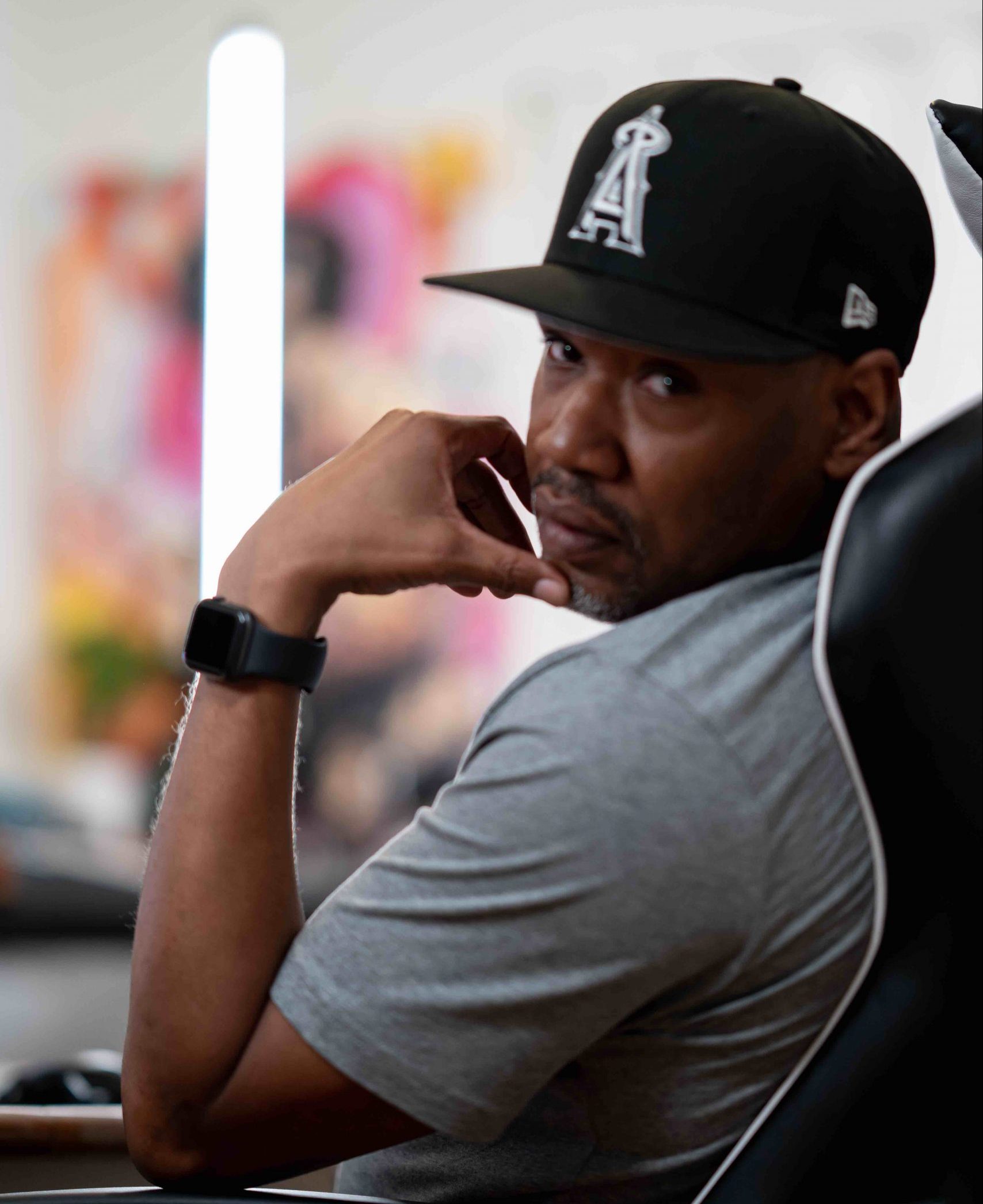
Be Prepared to Connect
Sample creation is hard work. That said, it’s well worth the time of any producer who wants to extend the limits of their sound and career. Still, once the loops are finished, how does one get them in the right hands for marketing and distribution? In some ways, the keys to the kingdom are in the hands of the sound designers. They just have to be willing to knock on some music industry doors. Ultimately, success hinges on savvy self-promotion.
There are multiple ways to get connected with the right companies to release sample packs. Writing emails, attending trade shows like NAMM and CES, and utilizing the LinkedIn platform are a few examples. Being prepared for opportunities in advance will set you apart from your competitors. Alin Dimitriu expresses the DIY ethos succinctly: “The communication era is at its peak. Reaching out to a certain desired company with a proposal has never been easier.”

